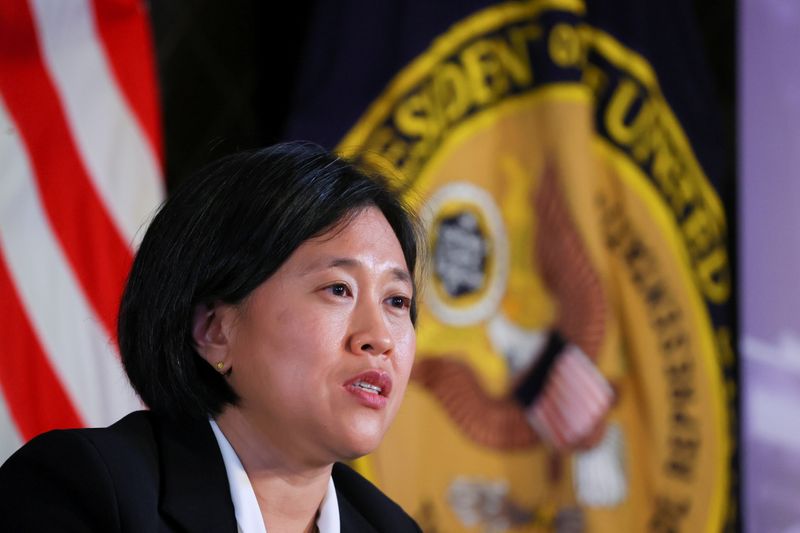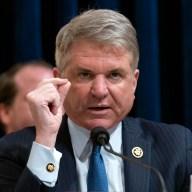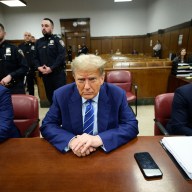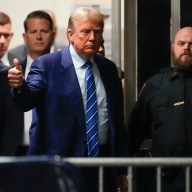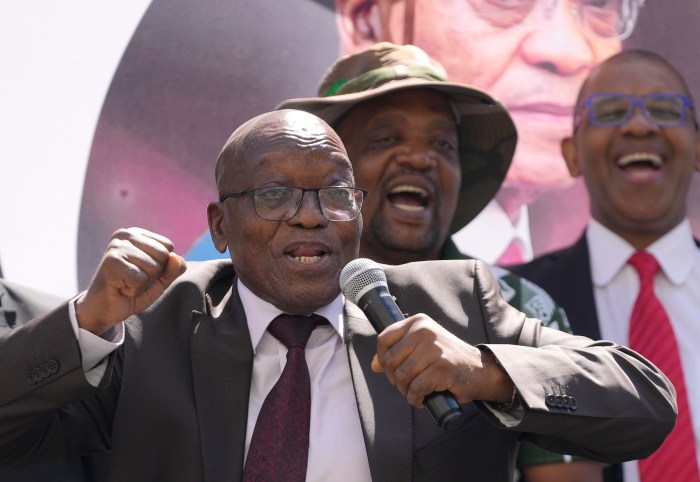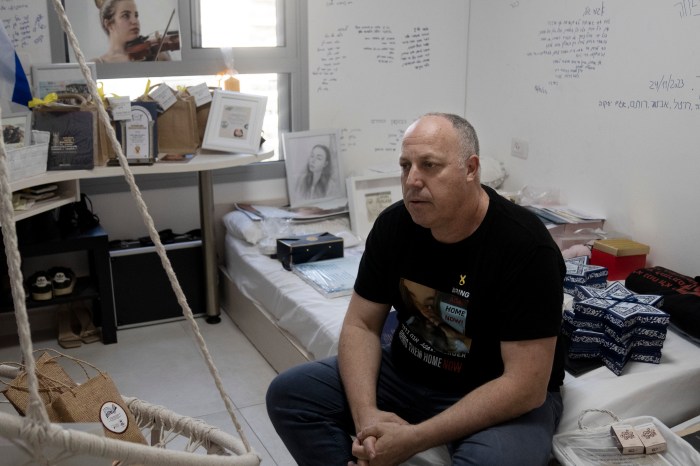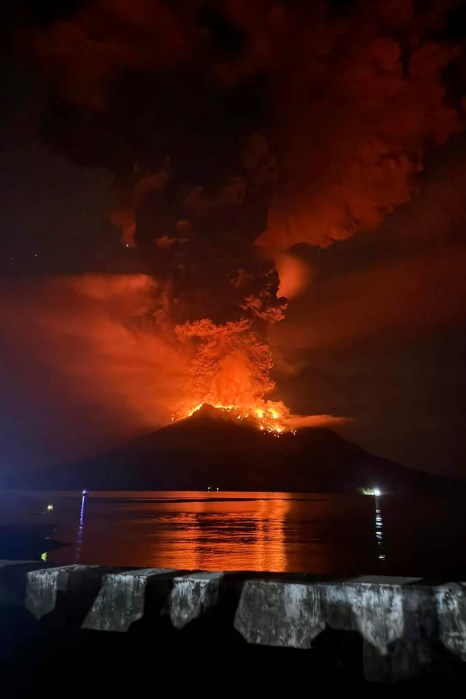GENEVA (Reuters) – Katherine Tai, U.S. global trade representative, said Washington would “soon” decide on Ethiopia’s status under the African Growth and Opportunity Act (AGOA), an agreement which gives it duty-free access to the United States.
“Reports coming back to us through official channels and civil society are not encouraging. What is happening in Ethiopia is a humanitarian crisis,” said Tai, referring to fighting in northern Ethiopia and deepening famine in the region of Tigray.
Ethiopia exported about $237 million worth of goods duty-free to the United States under AGOA in 2020, according to U.S. commerce department data.
In August, her office issued a statement saying “ongoing violations of internationally recognised human rights amid the ongoing conflict and humanitarian crisis in northern Ethiopia … could affect Ethiopia’s future African Growth and Opportunity Act (AGOA) eligibility if unaddressed.”
Any suspension would deal a major blow to Ethiopia’s economy, which is already under immense pressure from the coronavirus pandemic, the 11-month-old conflict and inflation of nearly 35%.
Billene Seyoum, the prime minister’s spokeswoman, sent a text message to Reuters saying: “No one is more committed than the Government of Ethiopia to the cause of addressing the ongoing humanitarian crisis in Tigray, Amhara and Afar regions with urgency.”
“Humanitarian crises don’t end by taking away jobs from low income women that AGOA enabled; rather the problem deepens. We must not go there.”
She previously said the suspension would take away 1 million jobs from the nation of 109 million people.
AGOA gives sub-Saharan African nations duty-free access to the United States if they meet certain eligibility requirements, such as eliminating barriers to U.S. trade and investment and making progress towards political pluralism.
(Additional reporting by Katharine Houreld; writing by Katharine Houreld; Editing by Hugh Lawson and Giles Elgood)

